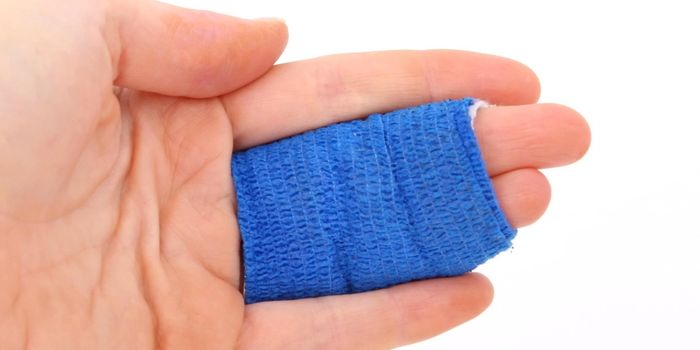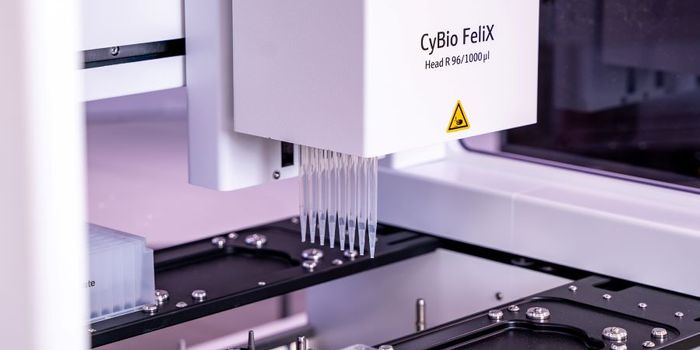Single Cell Modified in CAR T Therapy Causes Deadly Relapse
One cell meant a very different outcome for a patient that was the recipient of a cutting-edge cancer therapy. The process involves extracting a patient's immune cells, and genetically modifying them using a chimeric antigen receptor (CAR) lentivirus; it turns them into cancer killers. Those immune cells are then put back into the patients, where they go to work. However, a single cancer cell also got modified in this case. It went on to multiply billions of times, causing relapse and eventually killing the patient. The findings have been reported in Nature Medicine.
“In this case, we found that 100 percent of relapsed leukemic cells carried the CAR that we use to genetically modify T cells,” said the study’s lead author Marco Ruella, MD, an assistant professor of Hematology-Oncology at Penn Medicine. “This is the first time in hundreds of patients treated at Penn and other institutions that we’ve observed this mechanism of relapse, and it provides important evidence that steps in the delicate and complex process of engineering personalized cells can play a role in patient outcomes.”
The patient was part of a clinical trial at Penn; the aim was to treat an aggressive case of pediatric B-cell acute lymphoblastic leukemia (ALL) that had already relapsed three times. The patient's cancer went into total remission for nine months before it returned.
The therapy (described in the video) was created by scientists at Penn's Perelman School of Medicine and at Children’s Hospital of Philadelphia (CHOP). It utilizes T cells that are harvested from the patient. They are then treated with a CAR lentivirus, which trains them to find cells that express a protein called CD19. It will then attack those cells. Leukemia cells without CD19 are unaffected by this therapy.
In this case, the CAR lentivirus seems to have also gotten into a leukemia cell and enabled it to evade the immune cells. In the majority of ALL relapses, cancer cells don’t express CD19. There wasn’t any CD19 found in this patient’s cancer cells either. However, the cells tested positive for CAR. It was expressing a product that bound the CD19 antigen, so the trained immune cells could not recognize it.
Interestingly, the opposite case happened earlier this year. A single CAR T cell was able to divide enough times that it destroyed chronic lymphocytic leukemia (CLL).
“We learn so much from each patient, in both success or failure of this new therapy, that helps us improve these still-developing treatments so they can benefit more patients,” noted the senior author of this work, J. Joseph Melenhorst, PhD, an associate professor of Pathology and Laboratory Medicine and a member of Penn’s Center for Cellular Immunotherapies.
“This is a single case, but is still incredibly important and can help us refine the intricate processes required for manufacturing CAR-T cell therapy to ensure the best chance of long-term remissions,” he added.
Sources: Penn Medicine, Nature Medicine








